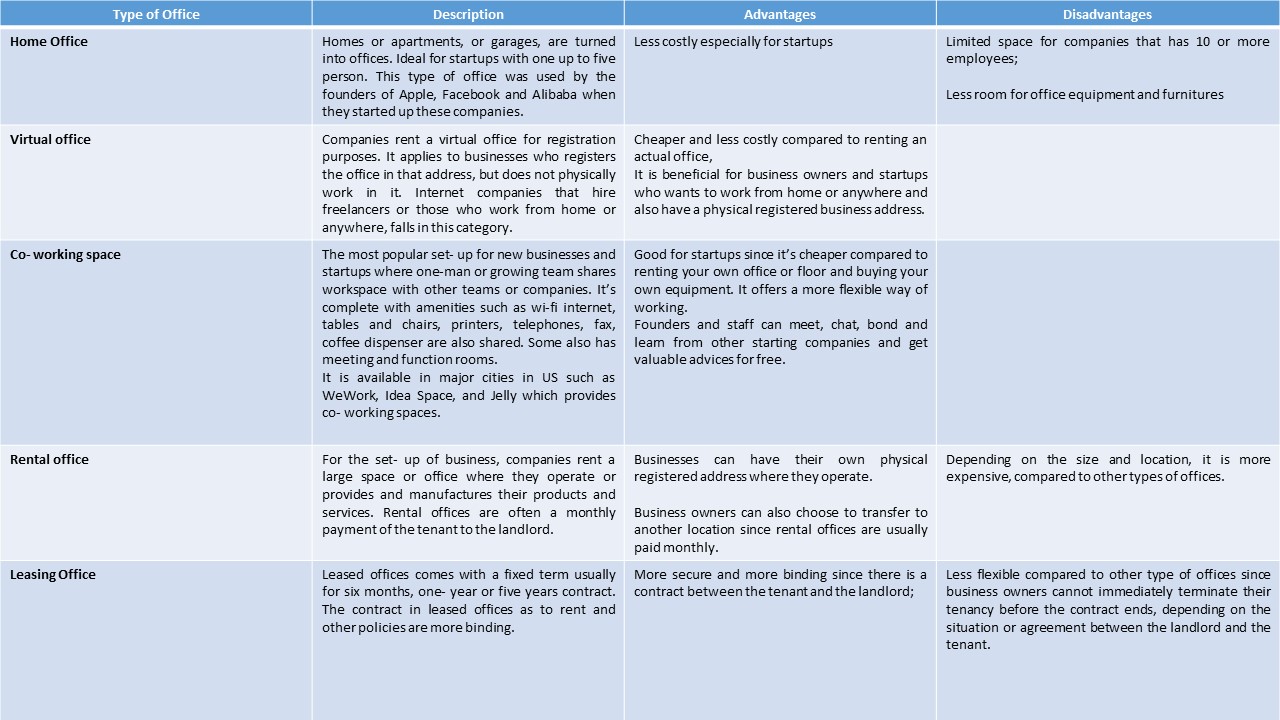Choosing the right office space is crucial for the success and growth of your business. The right environment can boost productivity, foster collaboration, and create a positive work atmosphere. In this guide, we’ll explore the key factors to consider when selecting an office for your business.

7 Steps to Choosing the Right Office Space for Your Business
Step 1: Assess Your Business Needs
Before you start looking at office spaces, it’s crucial to understand the specific needs of your business. This step involves evaluating your current situation and future growth potential, as well as understanding the nature of your operations. By doing this, you can ensure that the office space you choose will be a good fit for your business both now and in the future.
Here’s a list of things you might want to look out for:
- Determine your current team size and future growth projections.
- Ensure the space can accommodate your team now and has room for expansion.
- Consider the nature of your business and its specific operational needs.
- Identify if you need specialized areas like meeting rooms, labs, or studios.
Step 2: Consider the Location
The location of your office can significantly impact your business operations. This step focuses on finding a location that is convenient for your clients, suppliers, and employees. You’ll need to consider factors such as accessibility, transportation options, and the safety of the neighborhood, as well as the availability of nearby amenities.
- Choose a location convenient for your clients and suppliers to minimize travel time and costs.
- Ensure the office is easily accessible by public transport.
- Check for ample parking facilities for employees and visitors.
- Evaluate the safety of the neighborhood.
- Look for nearby amenities like restaurants, banks, and gyms that can enhance the work experience.
Step 3: Budgeting
Budgeting is a critical step in choosing an office space. You need to set a realistic budget that includes rent and other related expenses. This step will help you identify all potential costs, including hidden expenses, and ensure that you can afford the office space without straining your finances. It also involves negotiating favorable lease terms that provide flexibility for the future.
- Determine a budget for rent and consider additional costs like utilities, maintenance, and taxes.
- Watch out for hidden costs such as parking fees, internet charges, and common area maintenance.
- Look for flexible lease terms that allow for early termination or expansion.
Step 4: Plan the Office Layout and Design
The layout and design of your office can have a significant impact on employee productivity and satisfaction. This step involves deciding on the most suitable office layout for your business, whether it’s an open-plan or private offices. You’ll also need to consider ergonomics and comfort to create a workspace that promotes health and well-being.
- Choose between an open-plan office or private offices based on your business needs.
- Consider future reconfiguration options for growth.
- Ensure the office design promotes ergonomics with adequate natural light, ventilation, and ergonomic furniture.
Step 5: Evaluate Facilities and Amenities
Having the right facilities and amenities can enhance the functionality and appeal of your office space. This step involves checking for essential facilities such as reliable internet and parking, as well as additional amenities like break rooms and fitness centers that can boost employee satisfaction and productivity. Security features are also a key consideration.
- Confirm reliable internet, adequate parking, and efficient heating/cooling systems are available.
- Consider nice-to-have amenities like break rooms, fitness centers, and recreational areas.
- Verify the presence of security features like surveillance cameras, secure entry systems, and fire safety measures.
Step 6: Understand Legal and Regulatory Factors
Navigating legal and regulatory requirements is essential when choosing an office space. This step ensures that your chosen office complies with zoning laws, building codes, and other regulations. It also includes obtaining the necessary business permits and ensuring you have the appropriate insurance coverage for your office space.
- Ensure compliance with local zoning laws and obtain the necessary business permits.
- Confirm that the office space adheres to building codes, including accessibility and fire safety standards.
- Ensure you have appropriate insurance coverage, including liability and property insurance.
Step 7: Make the Final Decision
Making the final decision on your office space involves a thorough evaluation of all the factors you’ve considered so far. This step includes weighing the pros and cons of each potential space, involving key stakeholders in the decision-making process, and planning for a smooth transition to your new office. By carefully considering all these aspects, you can choose an office that will support your business’s success and growth.
- List and compare the pros and cons of each potential office space against your business needs and budget.
- Engage key stakeholders in the decision-making process to ensure the chosen office meets everyone’s expectations.
- Plan the move meticulously, notify clients and suppliers in advance, and set up utilities and internet before moving in.
Comparison between Office Types
There are five different types of offices which are Home Offices, Virtual Offices, Co- working Spaces, Rental Offices, and Leased Offices.
Conclusion
Choosing the right office space is a significant decision that can impact your business’s productivity and growth. By considering your business needs, budget, location, and legal factors, you can find an office that suits your requirements. Take the next steps confidently and create an inspiring workspace for your team.
